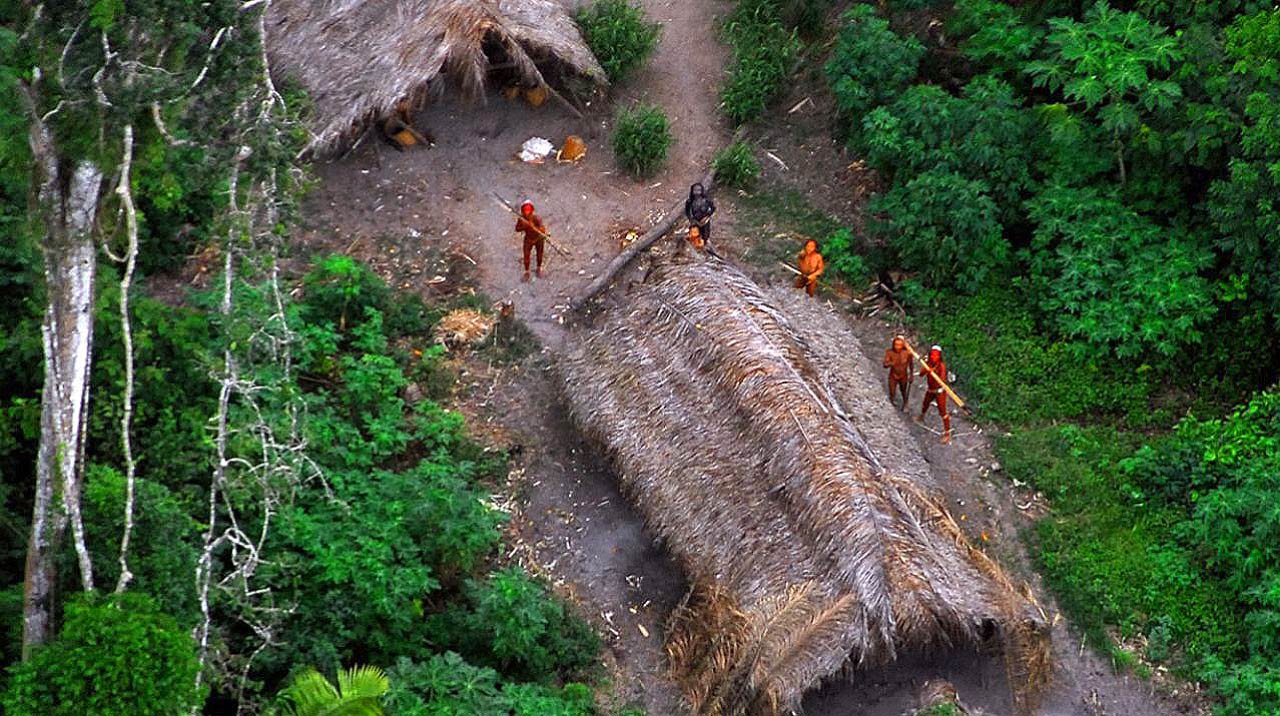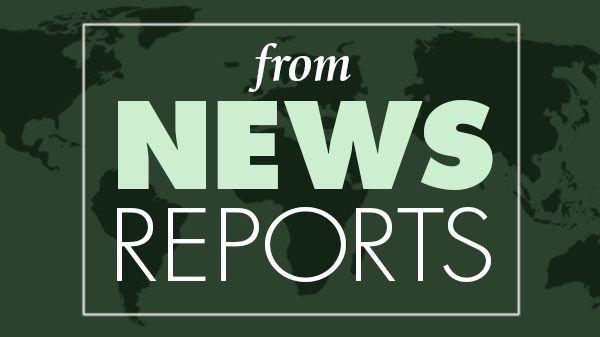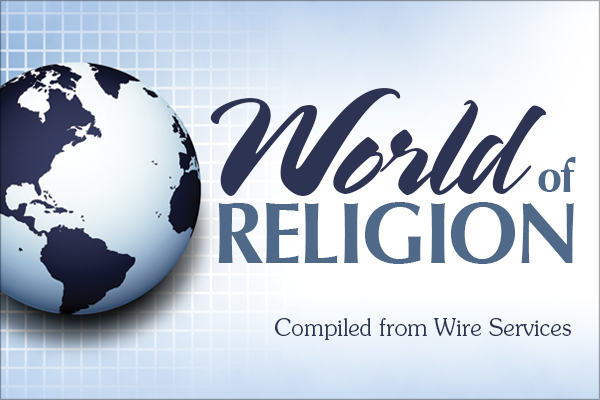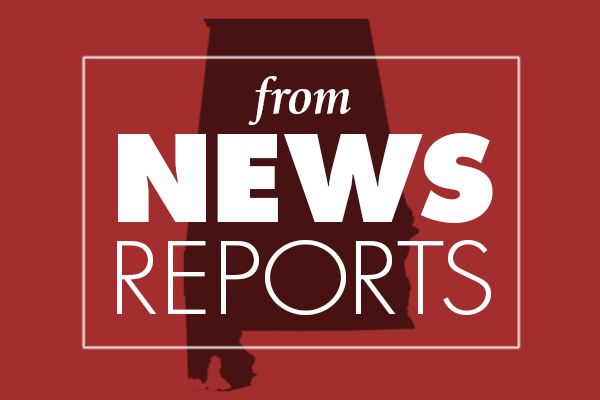When the first COVID-19 cases hit Brazil in March, the government agency in charge of protecting the country’s Indigenous peoples, the National Indigenous Foundation, ordered all civilians to leave the Indigenous reservations. Only essential workers, such as health care personnel and those involved in food distribution, could remain.
But a new law signed by President Jair Bolsonaro on July 7 has made an exception for one group: Christian missionaries. A simple form from a doctor vouching for a faith worker’s health is enough to allow the person to stay as an essential worker.
According to Eliesio Marubo, a lawyer for the Indigenous Peoples Association of the River Javari Valley, known as UNIVAJA, some missionaries had never heeded the order to leave. “A few villages reported that there were evangelical missionaries in their areas who refused to go away,” Marubo told Religion News Service.
In April, UNIVAJA sued to force the expulsion of several evangelical missionaries, at least two of whom are U.S. citizens, from the Javari Valley, an important legal victory against a group that is closely aligned with Balsonaro.
Now, Indigenous groups and those who defend their rights worry that the new law will prompt missionaries to enter their reservations, which have long been protected by the Brazilian government in an effort to preserve their culture.
“We’re questioning the legislation in order to restore the self-determination prerogative of the Indigenous peoples,” explained Marubo, a member of the Indigenous Marubo people himself.
Sydney Possuelo, who created the government’s National Indigenous Foundation’s department of isolated peoples in the 1980s, explained that missionaries often offer gifts, particularly much-needed iron tools.
Establishing contact
“Attracted by them (tools), the isolated Indigenous peoples agree to listen to preachers. So, you attract them through their fragility, through the technical unbalance between our societies. That’s not exactly a Christian principle,” he told RNS.
In the 1990s, as president of the foundation, known as FUNAI, Possuelo stopped missionaries from proselytizing among the then newly contacted Zo’é people. “I suggested they should pursue activities related to health care, education and other needs of the Indigenous peoples, except religious proselytism. But that was what they wanted,” he recalled.
Cleber Buzzato, assistant secretary of the Catholic Church’s Indigenous Missionary Council, agreed that “every possible contact established with isolated peoples should be their initiative and not the outsiders’.”
Reprinted from Religion News Service.






Share with others: